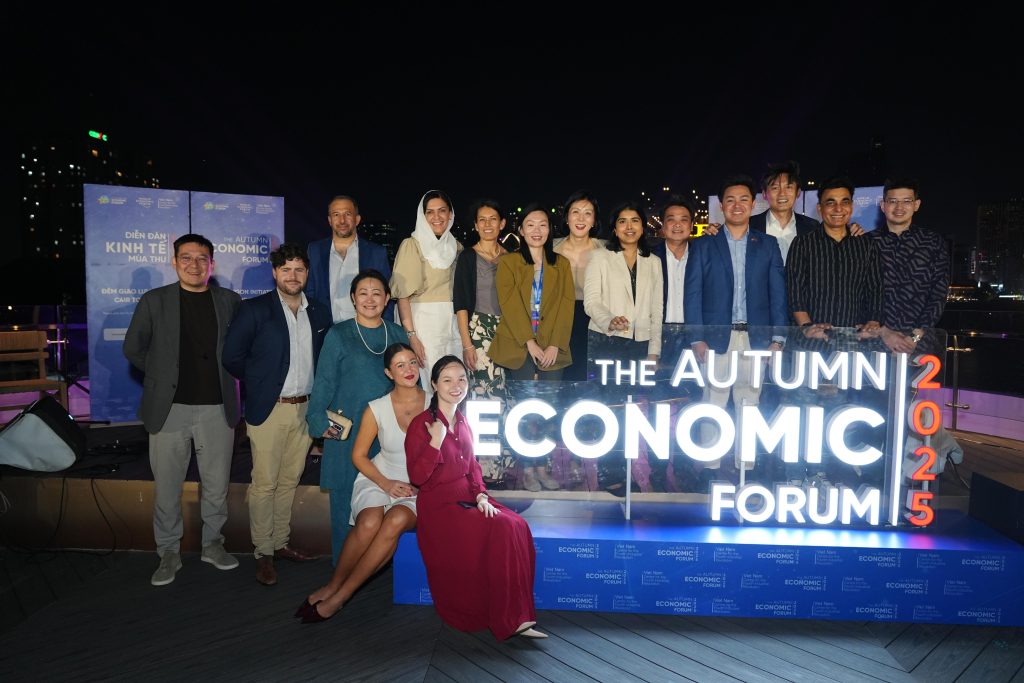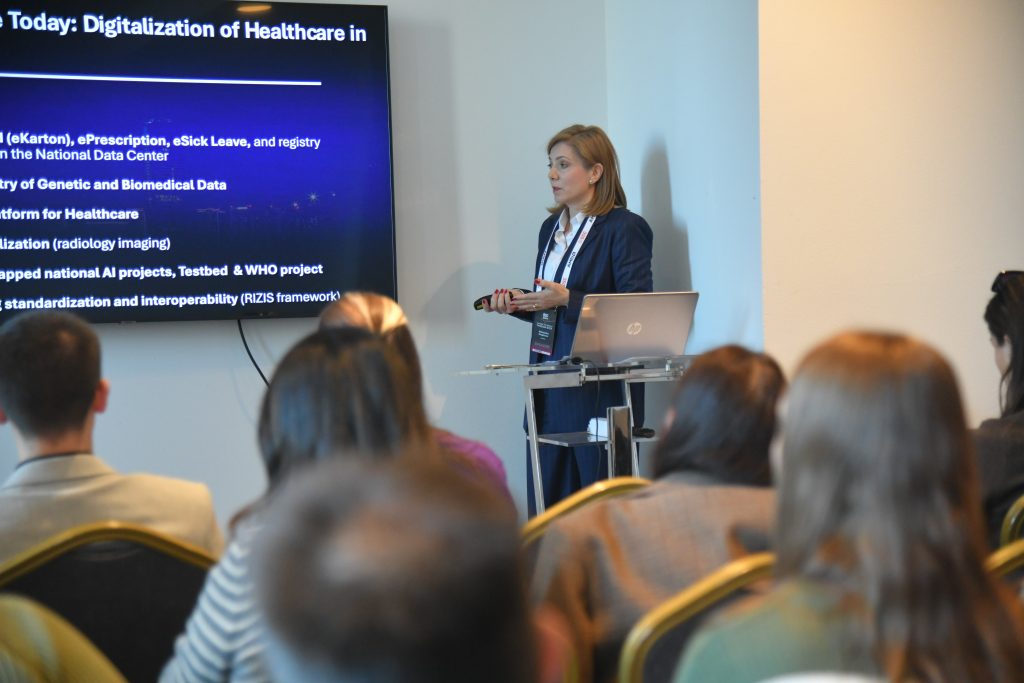How much do we know about genetics, what do we think about genetic research, and do we want to participate in it—these are just some of the questions answered by 1,000 Serbian citizens aged 18 to 65. The research sheds light on attitudes and knowledge about genetics and genetic research and was presented by the Centre’s project manager, Draga Šutović Ilić, during a guest appearance on Radio Television of Serbia morning program, in a conversation with journalist Ivana Božović.
Public opinion survey related to various aspects of genetics was conducted by the Centre for the Fourth Industrial Revolution of Serbia and the National Alliance for Local Economic Development (NALED). The survey focused on several aspects of Serbian citizens’ opinions about genetics, including:
- Knowledge of genetics in general, genetic research, genetic testing, and genetic data.
- Opinions toward genetics, its application, and the benefits it provides.
- Respondents’ expectations for the future related to genetics and the benefits of its application.
“The research showed that women, residents with a higher degree of education, and people between 35 and 44 years of age have the highest level of knowledge on some basic questions in genetics. However, when it comes to genetic data, our citizens show an understanding of its importance. About 80 percent of respondents see the value of genetic data in prevention,” explains Šutović Ilić.
Genetic data, as she explains, is data obtained by analyzing biological material such as blood. It serves to find certain genetic characteristics of an individual, which are important for the development of modern genetic therapies, determining the connection between genes and the manifestation of certain conditions and diseases, and optimizing therapy.
“Our citizens are familiar with the topics covered by genetic research. They are aware that by doing so they can learn something about their origin and genetic affiliation; they understand that genes can determine their body’s response to certain drugs. They also understand that there is a connection between genes and the manifestation of some diseases, i.e., a hereditary factor,” explains Dragana Šutović Ilić.
When asked whether they would participate in any of the above-mentioned research, 65 percent of respondents answered that they would. It should be noted that interest decreases if there is no feedback, that is, if the obtained data is not shared with them.
It is also interesting that more than 80 percent of research participants are ready to share their genetic data for health and scientific research purposes.
The research also showed that half of the respondents were interested in genetics at one point in their lives and that they got information about it on the Internet. More than a third said that TV programs are their preferred form of information. Additionally, citizens of Serbia have the most trust in scientists and university professors.
You can watch Dragana’s guest appearance on RTS morning program HERE.
SOURCE: RTS.





